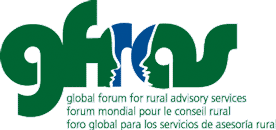 Background: This is the third of three posts about some recent visual experiences at the 7th Annual GFRAS Meeting in Limbe, Cameroon, where I was invited as their graphic recorder! As I noted in Part 1, it is a huge investment of resources – theirs and mine – to have me there for the meeting, so I asked if I could also run a short “introduction to graphic recording” the before the event kicked off, and then we could have the participants fan out across the breakouts and field trips to capture sketch notes. The second post in the series shares a few stories and artifacts from the workshop participants about their sketchnoting at the meeting and after they returned home. How are they using their new skills? This third part shares the graphic recordings I did with a little reflection on my own process and the element of role modeling graphic recording skills – particularly the listening and synthesizing skills.
Background: This is the third of three posts about some recent visual experiences at the 7th Annual GFRAS Meeting in Limbe, Cameroon, where I was invited as their graphic recorder! As I noted in Part 1, it is a huge investment of resources – theirs and mine – to have me there for the meeting, so I asked if I could also run a short “introduction to graphic recording” the before the event kicked off, and then we could have the participants fan out across the breakouts and field trips to capture sketch notes. The second post in the series shares a few stories and artifacts from the workshop participants about their sketchnoting at the meeting and after they returned home. How are they using their new skills? This third part shares the graphic recordings I did with a little reflection on my own process and the element of role modeling graphic recording skills – particularly the listening and synthesizing skills.
The #GFRAS2016 Annual meeting started on a Monday afternoon, had a full day on Tuesday, field trips on Wednesday and a final day on Thursday. My graphic recording charge was a chart for Monday, Tuesday and what was needed for Thursday was “emergent.” The field trips were “harvested” by our newly-trained sketchnote artists from Monday’s workshop. (You can see the agenda here.)
Day 1 – Opening
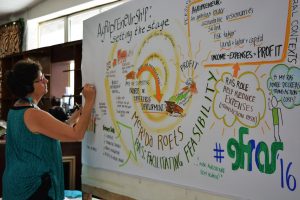 As one might expect in Cameroon, there is still a strong sense of formality and meetings being opened by dignitaries. In my experience, they often arrive late. This time they were EARLY and we scrambled to get in the room and set up. There was a very small window for set up, but it was so cool that the Fine Hotel made a recording board for me. You can see how lovely and BIG it was in the photo by Keerthiraj Siddapura at right. (Thanks, Keerthiraj – also one of our newly minted graphic recorders. You can see his full set of photos here.)
As one might expect in Cameroon, there is still a strong sense of formality and meetings being opened by dignitaries. In my experience, they often arrive late. This time they were EARLY and we scrambled to get in the room and set up. There was a very small window for set up, but it was so cool that the Fine Hotel made a recording board for me. You can see how lovely and BIG it was in the photo by Keerthiraj Siddapura at right. (Thanks, Keerthiraj – also one of our newly minted graphic recorders. You can see his full set of photos here.)
The formal opening was in French and the sound was VERY difficult, so the contents of the formal opening were … um… brief. The fact that Limbe is known as a “town of friendship” was the key piece for me. Graphic recording through translation is a tricky proposition at best. The second part of the opening was a conversation between the outcoming and incoming secretaries of GFRAS… the handing of the baton. So overall, it was a pretty light piece for day one. You can visually see I still battle my “right hand downward tilt” as I record.
What was super fun was that for many in the room, this was their first time seeing graphic recording in action… including most of Monday’s workshop participants. So there at the back of the room I got a lot of attention between sessions and during breaks with people asking me “how do you DO this!” When the new GR’s passed by, we did a bit more analysis – what was working for me, for them and more importantly, what was challenging. It was a good place of learning.
Day 2 – Keynote and Conversation on Agripreneurship
I was very luck to share a cottage with Day 2’s keynote, Dr. Merida Roets of South Africa. As we chit chatted over shared chocolate, I learned more about her, her work, and this strange new concept to me, Agripreneurship. (Know that this is a hard word for me to spell. I had to keep practicing.) After her talk, a panel came up to comment and their input is on the left. There is still a bit of jargon in here, like RAS (rural advisory services).
Merida had never had her talks recorded, so this was a fun new experience for her as well. Remember, she also took Monday’s workshop, so I could see the wheels turning in her head when she came by afterwards at my request to see if I missed or got anything wrong. In the end, she took this piece home with her, with a clear idea of where she was going to hang it in her offices. It turns out that while Merida and her team have been promoting and building agripreneurship capacity with rural farmers in South Africa, they had never heard of the term before either! 😉 Language is a funny thing.
By the way, the colors in these images are not very good. The lighting was difficult in the space. They look a little dull here. But as I was doing some coloring with Pan Pastels, it was also a time where our new GRs used the materials and tried shading and coloring on their sketch notes. So in the end, my space ended up as a little graphic recording lab at the back of the room for the full meeting.
In the afternoon I facilitated one of the four break out sessions and as part of my duties, created visuals for the report out on Thursday. I used Paperby53 to create a base image, then built on top of it to break out each of the elements for our presenter to share.
Day 4 – Harvest and Network Assessments
Day three people fanned out across the region to visit agripreneurs, farming cooperatives and other locations to see the work in action. Then on Thursday, the morning was the harvest of the Tuesday breakouts and Wednesday field trip reports. The field trip reports are at the bottom and the four breakout reports at the top. I used the metaphor of weaving basket threads together…sort of.
My intention on this chart was to allow individual parts of the image to be pulled out in close up photos so that they could be woven into the meeting documentation. You can click on the thumbnails below to see some examples. All the images were provided digitally to the GFRAS team.
Next there was a network assessment activity led by Kevan and Alexa Lamm. Most of this session was work in groups, so I briefly captured their introduction on my iPad and then animated the sequence. This was done simply by saving the image as different files along the way. (Let’s see if the animated GIF plays correctly in the blog post. If not, you can find it here. )
I had made a few other iPad images as a way to demonstrate some electronic graphic recording.
There were some other paper sketches I made… nothing really worth sharing… but to empathize with our team that sometimes it can be hard to really pull something of substance out of short and informal presentations.
It was a great experience working with the GFRAS secretariat and all of the participants. I took MANY pictures with people in front of the images… lots of smiles. It has been a while since I did straight up graphic recording and not only was it fun (and sweaty – did I mention the aircon mostly did not work?) but it was a great way to link the workshop on Monday to real practice, to be able to reflect together on our work, and of course, to always remember how much more there is to learn!
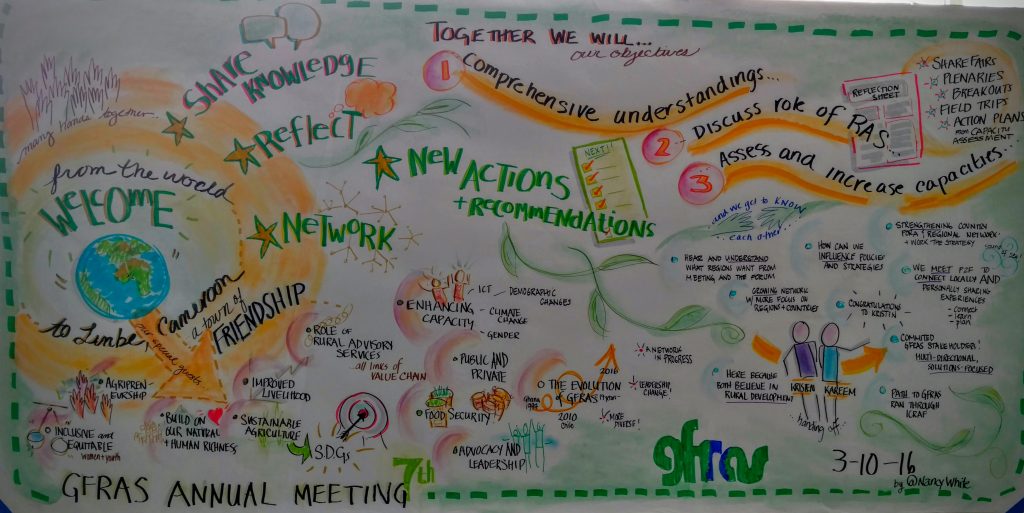
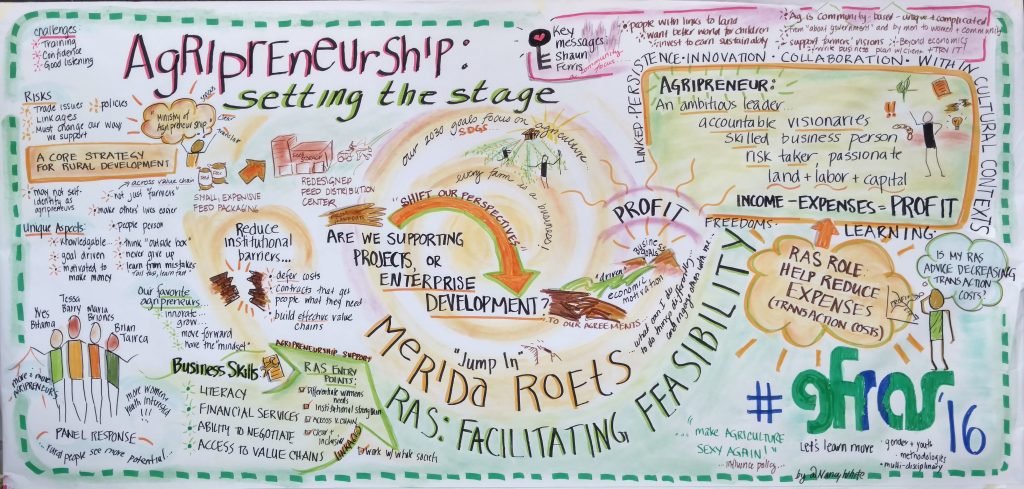
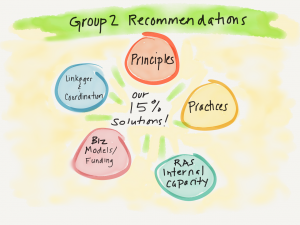
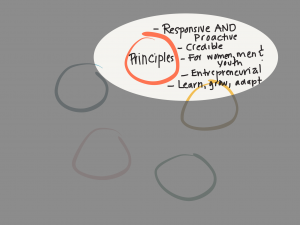
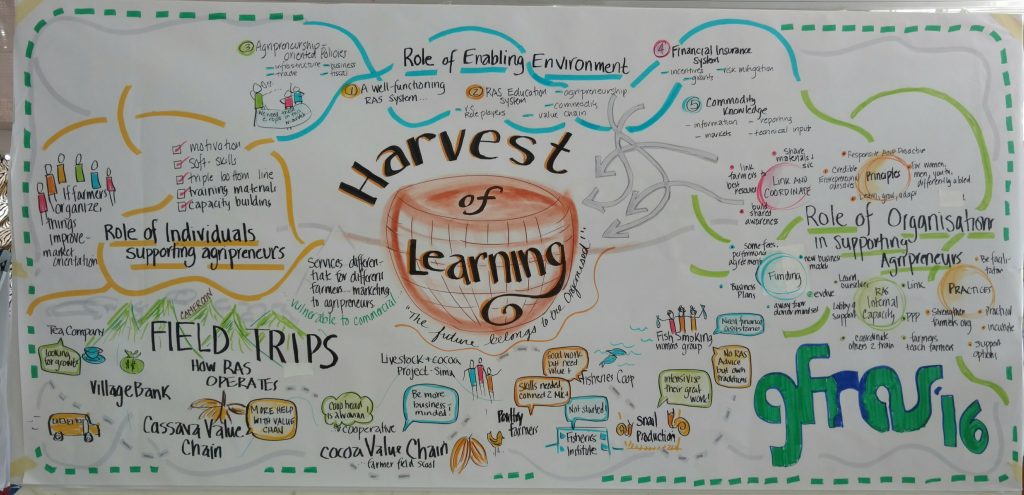
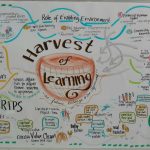
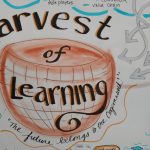
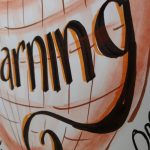
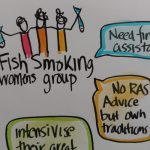
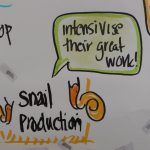
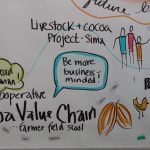
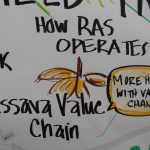
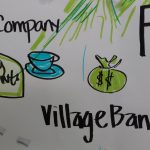
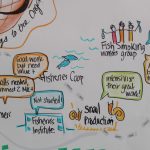
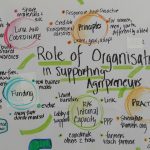
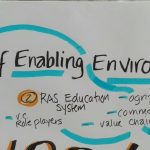
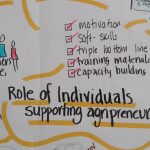
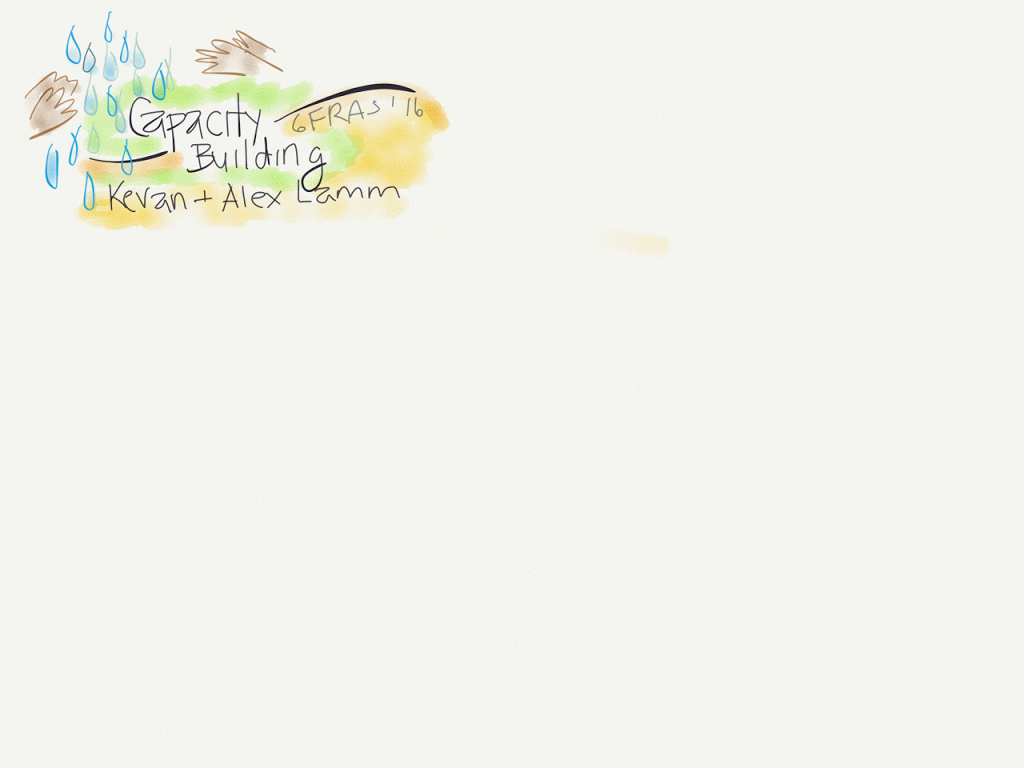

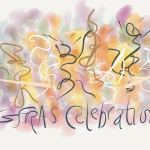
2 thoughts on “Can we role model graphic recording? Part 3 in the series”
Comments are closed.